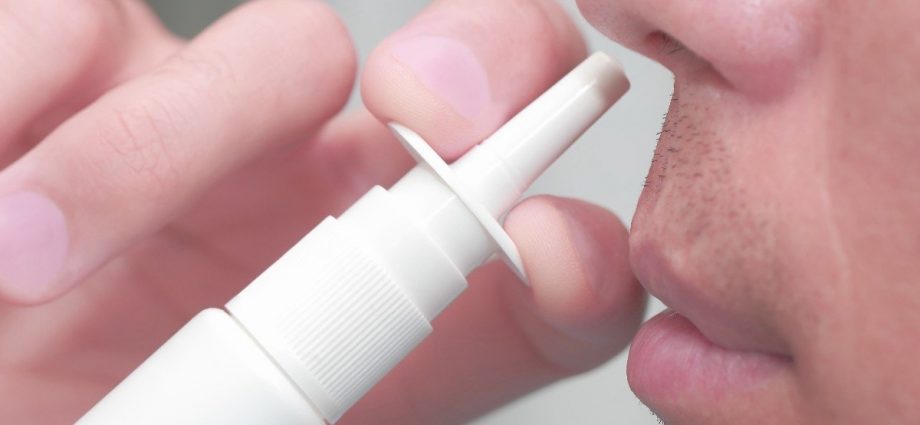MONDAY, July 15, 2024 (HealthDay News) — Over-the-counter nasal sprays could be a potent weapon against a major public health threat — antibiotic resistance, researchers report.
Their analysis, which looked at data from nearly 14,000 adults, found that common nasal sprays could help keep upper respiratory tract infections at bay, reducing the need for antibiotics.
Antibiotic resistance caused by overuse and misuse of these drugs makes bacterial infections tough to treat.
“If widely used, these [nasal spray] interventions could potentially have a valuable role for reducing antibiotic use and antimicrobial resistance, and in reducing the impact of respiratory viruses for patients,” said study co-author Adam Geraghty, an associate professor of psychology and behavioral medicine at the University of Southhampton in England.
The new study, published July 11 in The Lancet Respiratory Medicine journal, found that use of over-the-counter nasal sprays reduced the number of days people had severe upper respiratory symptoms. Sick days dropped by roughly 20%.
Researchers said their curiosity was piqued by recent evidence that showed using nasal sprays to flush virus bits out of the nose and throat, or boosting immune function through exercise and stress management, could reduce the frequency and severity of respiratory infections.
They recruited 13,800 patients from 332 medical practices in the U.K. All had an existing health issue, risk factor for infection or a history of recurrent respiratory infections. They were randomly assigned to three groups.
One group received a gel-based nasal spray, which uses a microgel to trap and neutralize viruses in the nose. to prevent them from spreading. The second received a saline-based nasal spray, which reduces virus levels in upper part of the throat behind the nose. The third group was directed to an online resource promoting physical activity and stress management.
All three interventions cut antibiotic use and the number of days with severe symptoms. Both sprays reduced overall sick time by 20% even though participants did not use them as often as they were instructed.
Days of work and normal activity lost dropped by 20% to 30% — compared to 5% in the group that only received stress management.
“Our results show nasal sprays work well to reduce the duration and severity of respiratory infections, and the interference with normal activities,” study co-author Paul Little, professor in primary care research at the University of Southampton, said in a university news release.
More information
The American Academy of Allergy Asthma & Immunology has more information about nasal sprays and sinus medications.
SOURCE: University of Bristol, news release, July 11, 2024
Copyright © 2026 HealthDay. All rights reserved.

